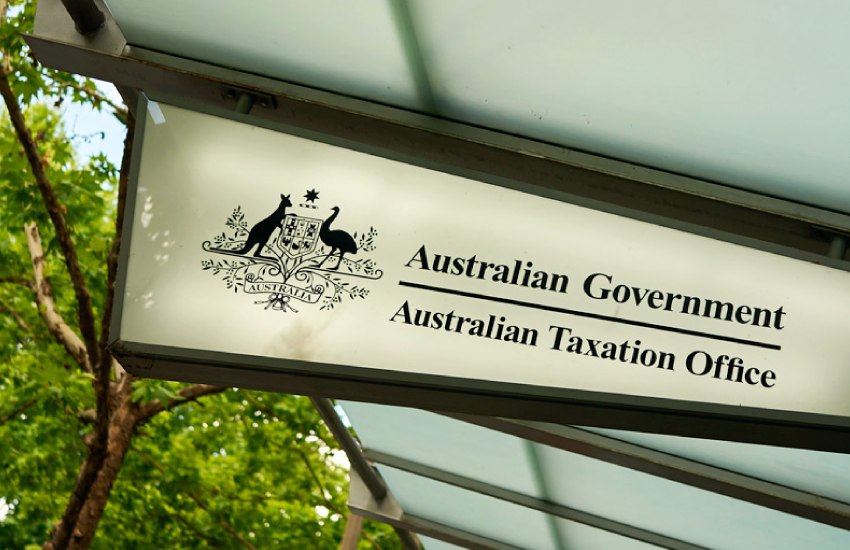Yesterday, the Australian Small Business and Family Enterprise Ombudsman (ASBFEO) released its report on ATO early debt recovery action and found that such action occurred in at least 12 per cent of cases before the AAT.
In 2017–18, debt recovery action was deployed for 17 out of 143 AAT matters, with the ATO issuing a garnishee notice in four of these cases. The other 13 debt cases were pursued through a call or letter.
You’re out of free articles for this month
Commissioner Chris Jordan said that, while the agency would consider the ASBFEO’s recommendations, he noted that the cases examined in the report were ultimately “low numbers” and were not reflective of the broader small business population.
Mr Jordan also pointed out that debt recovery action was only used in exceptional circumstances, “where there are links to organised crime, phoenixing, evasion or other fraudulent activity, or where we have evidence of the taxpayer dissipating assets or transferring funds to frustrate collection of tax”.
“The four cases where garnishee action was taken were highly unusual. One of the matters involved a tax agent with a chequered history of fraud and evasion, on top of non-compliance, overdue lodgements and undisputed debt of over $100,000,” Mr Jordan said.
“The tax agent was believed to have gambled away over $300,000, refused to return our calls and letters, and failed to provide evidence. It is clear given these circumstances why garnishee action was appropriate.
“Another one of these cases was referred to the ATO by Australian Customs and Border Protections Services and involved evidence of engagement in criminal activity by the taxpayer. During the appeal process, the taxpayer started hiding assets, which led us to issue a garnishee.”
Speaking to Accountants Daily, Institute of Public Accountants executive general manager Vicki Stylianou said that, while garnishee notices should not be used where a tax debt is genuinely being disputed, there would need to be a longer-term study to examine if the ATO was too heavy-handed in its approach.
“There seems to be a difference between what ATO states to be its policy around collecting disputed tax debt and what the ASBFEO says actually happens,” Ms Stylianou said.
“There may be some grey in the cases where ATO assesses that a taxpayer is trying to evade paying tax and is transferring assets.
“A larger sample size of the ATO treatment of disputed tax debts would need to be examined before conclusions can be drawn.”
In a bid to instil change in the Tax Office’s approach to debt recovery from small businesses, the report made seven key recommendations:
- Small business must be able to seek a stay order of any ATO debt recovery action when before the AAT: This would match the stay orders available to the AAT when hearing other, non-tax-related matters.
- Garnishee notices must have mandated external oversight and approval.
- Other forms of security should be used instead of garnishees: This could include a Mareva injunction or caveat on property so as not to restrict the business’s cash flow.
- Settlement deeds for matters before the AAT should be published by the AAT, to bring both transparency and accountability to the ATO.
- The ATO must offer the range of internal dispute resolution options and have small business acknowledgement before legal recovery action commences. “If resolution by these internal review processes fails then formal acknowledgement must be obtained from the small business prior to legal recovery action commencing,” the report said.
- For any small business tax debt (disputed or not), adequate opportunity must be provided to pay, aligned with cash flow of the small business. This would provide more flexibility to the current “arbitrary” two-year limit on repayments.
- The ATO should continue and expand its current independent review process for small business after the pilot program finishes. The 12-month pilot began on 1 July 2018 to offer an independent review of disputed income tax audits to eligible small businesses.
This email address is being protected from spambots. You need JavaScript enabled to view it.
Jotham Lian
AUTHOR
Jotham Lian is the editor of Accountants Daily, the leading source of breaking news, analysis and insight for Australian accounting professionals.
Before joining the team in 2017, Jotham wrote for a range of national mastheads including the Sydney Morning Herald, and Channel NewsAsia.
You can email Jotham at: This email address is being protected from spambots. You need JavaScript enabled to view it.

 Login
Login







